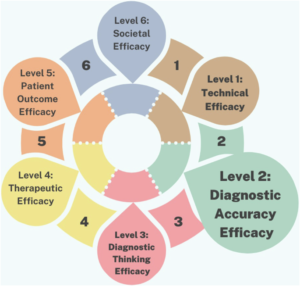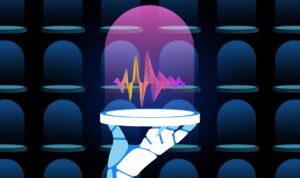Will Schools and Universities Become Obsolete? AI Pioneer Geoffrey Hinton Claims ‘We Won’t Need Them’

Will Schools and Universities Become Obsolete?
As artificial intelligence (AI) rapidly advances, discussions arise about the future of education. One prominent figure, Geoffrey Hinton, often referred to as the "Godfather of AI," has made bold statements suggesting that traditional educational institutions like schools and universities may not be necessary in the future.
The Role of AI in Education
AI’s Growing Influence
Artificial intelligence is already transforming many sectors, and education is no exception. AI technologies such as personalized learning platforms, intelligent tutoring systems, and automated grading are being integrated into classrooms. These innovations aim to enhance the learning experience and provide students with tailored educational paths.
Potential Benefits
- Personalization: AI can analyze a student’s learning style and adapt content accordingly, ensuring each learner receives instruction that suits their needs.
- Efficiency: Automated grading and feedback can save educators valuable time, allowing them to focus on teaching and mentoring.
- Access: Online learning platforms powered by AI can offer education to students in remote locations or those who may not have access to traditional institutions.
The Debate on Traditional Education
Hinton’s assertions spark a debate over the future relevance of schools and universities. Some argue that the traditional education system may struggle to keep pace with the changing workforce’s demands. Several factors contribute to this debate:
- Skill Mismatch: Many graduates find that their education does not adequately prepare them for modern job markets, which increasingly prioritize skills in technology and adaptability.
- Resource Allocation: Maintaining physical campuses and large faculty structures can be costly and may not be the most efficient way to deliver education.
- Alternative Learning: Online courses, workshops, and vocational training programs provide alternative pathways to acquire knowledge and skills without formal education.
The Future of Learning
Adapting Educational Models
As AI continues to evolve, educational institutions may need to adapt their models to stay relevant. Here are some potential changes:
Blended Learning Approaches
Combining online and in-person methods may offer a flexible learning environment that leverages AI tools. Blended learning can foster collaboration while allowing students to learn at their own pace.
Emphasis on Lifelong Learning
In a rapidly changing world, continuous education will become increasingly important. Institutions may shift their focus to provide ongoing learning opportunities rather than just offering degree programs for a finite period.
The Value of Human Interaction
While AI offers many advantages, human interaction remains essential for effective learning. Teachers provide mentorship, emotional support, and socialization opportunities that machines cannot replicate.
Importance of Critical Thinking
An education system that encourages critical thinking, creativity, and problem-solving will likely remain valuable, as these skills are crucial in any workforce environment.
Looking Ahead
As discussions about the future of education unfold, it’s clear that AI will influence how learning is delivered and consumed. Geoffrey Hinton’s perspective highlights the urgency for educational institutions to reevaluate their roles and prepare for changes driven by technological advancements.
Ultimately, the ongoing transformation in education showcases the need for a balanced approach that integrates technology while preserving the human touch essential for effective learning. The dialogue about schools and universities remains critical, and their evolution will likely reflect a blend of tradition and innovation in the years to come.





